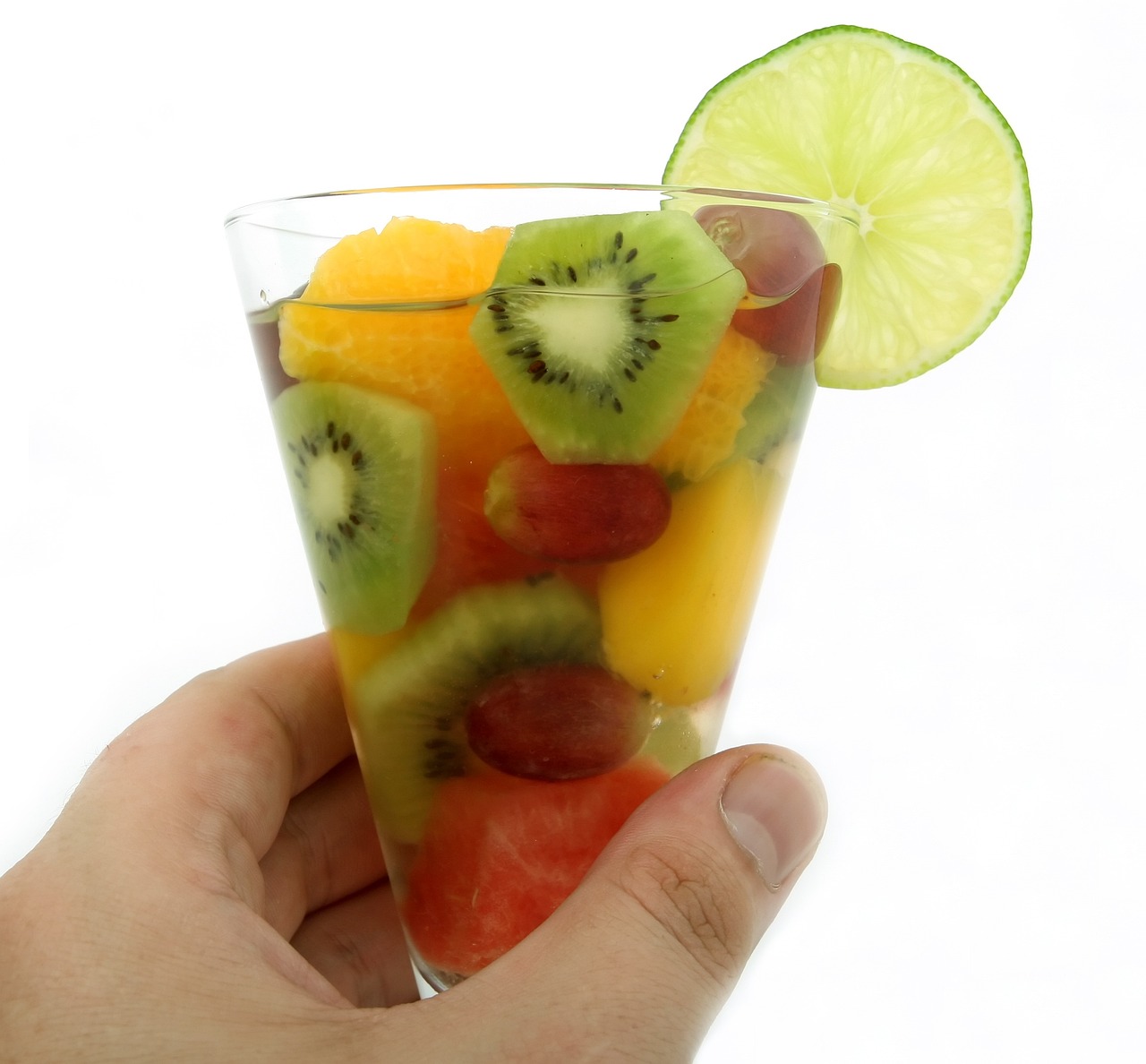Mindful Sustainable Living Challenges: Overcoming Obstacles to Eco-Friendly Living
One common barrier to eco-friendly practices is the lack of awareness and education regarding the importance of sustainable living. Many people may not fully understand the detrimental effects of their actions on the environment or may not be aware of alternative, eco-friendly choices they can make in their daily lives. This lack of knowledge can result in individuals continuing with unsustainable habits without realizing the impact it has on the planet.
Another significant barrier is the convenience and affordability of products that are not eco-friendly. Oftentimes, sustainable options may be more expensive or harder to access, making it challenging for individuals to prioritize environmental considerations over convenience or cost. This can lead to people choosing convenience over sustainability, perpetuating a cycle of consumption that is harmful to the environment.
Understanding the Importance of Sustainable Living
Sustainable living is becoming increasingly vital in our modern world as we face the pressing challenges of climate change, pollution, and resource depletion. Embracing sustainable practices not only benefits the environment but also contributes to creating a healthier and more equitable society for future generations. By conserving resources, reducing waste, and minimizing our carbon footprint, we can help mitigate the negative impacts of our actions on the planet.
The concept of sustainable living extends beyond individual actions to encompass a larger societal shift towards responsible consumption and production. It involves making informed choices about the products we buy, the energy we use, and the waste we generate. By being mindful of our daily habits and consumption patterns, we can work towards building a more sustainable and resilient world for ourselves and for the well-being of all living beings.
Overcoming Consumerism in Daily Life
In a world inundated with advertisements that urge us to buy the latest products and upgrade our possessions, it can be challenging to resist the pull of consumerism. Our society often equates material possessions with success and happiness, leading many to constantly seek out new items to fulfill their desires. However, it is important to recognize that true fulfillment does not come from accumulating things but from experiences, relationships, and personal growth.
One way to overcome consumerism in daily life is to shift our focus from acquiring possessions to investing in experiences. Instead of constantly buying new things, consider spending your time and resources on activities that enrich your life and create lasting memories. Whether it’s traveling to new places, learning a new skill, or simply spending quality time with loved ones, investing in experiences can bring more fulfillment than any material possession ever could.





